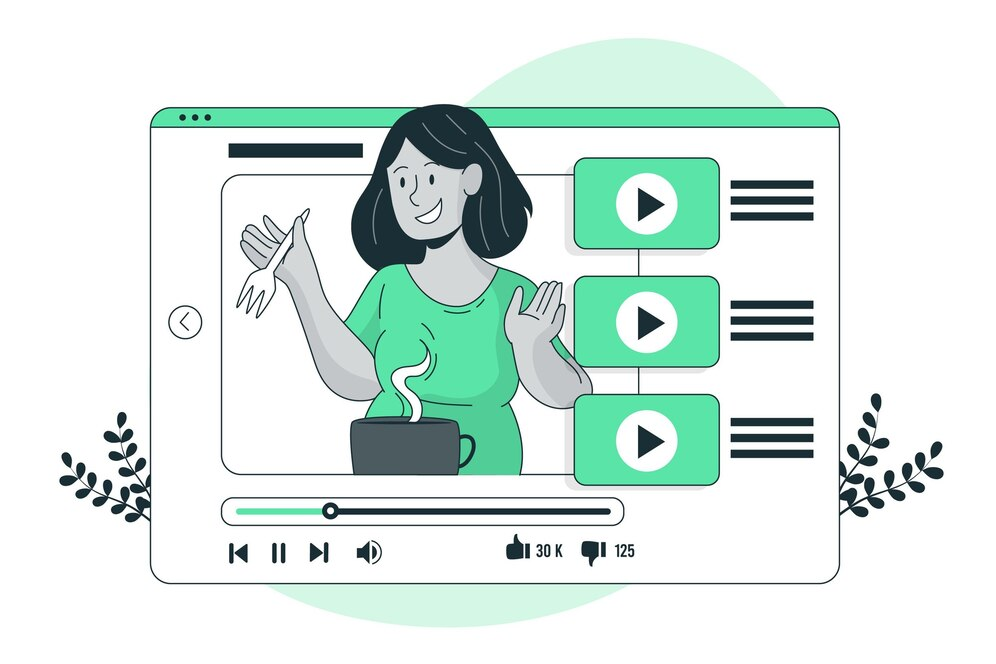
-
Posted By Editorial Staff
-
-
Comments 0
Healthcare can be complicated, and so can managing its finances. Dealing with insurance claims and ensuring everything follows the rules can feel overwhelming. However, clinical billing tools can simplify this process and change how healthcare facilities manage their finances.
Whether you are a healthcare manager aiming to improve operations, a financial analyst working with data, or a medical billing expert handling claims, this blog will highlight the benefits of using clinical billing tools in healthcare finance. Get ready to enhance the way you manage billing and finances.
Table of Contents
ToggleWhat Are Clinical Billing Instruments?
Before we jump into the benefits, let’s quickly clarify what clinical billing instruments are. These tools are advanced systems designed to streamline financial processes in healthcare. Equipped with automation, data analytics, and integration capabilities, they help healthcare providers manage billing tasks, improve accuracy, and reduce the administrative burden.
Now that we’ve set the stage, let’s explore how these tools can revolutionize healthcare finance!
1. Improved Accuracy in Billing
Errors in medical billing can cost healthcare providers millions annually. From incorrect coding to unintentional overbilling, the risk of human error is significant. Clinical billing instruments dramatically improve accuracy through features like:
- Automated Coding Systems that reduce the risk of manual errors.
- Real-Time Claims Audits to catch discrepancies before submission.
- Comprehensive Databases with up-to-date codes and regulations.
By ensuring accurate billing from the start, these tools not only protect your revenue but also improve patient trust—a win-win!
Example: A study by the American Medical Association reported that practices using automated billing tools experienced a 25% reduction in claims denials compared to those relying on manual processes.
2. Streamlined Workflow and Efficiency
Time is valuable, especially in healthcare. Clinical billing tools simplify time-consuming tasks, freeing up your team to focus on more critical responsibilities. Key features include:
- Automation of Repetitive Tasks, like generating invoices and submitting claims.
- Task Prioritization Dashboards that help highlight urgent billing issues.
- Centralized Platforms for seamless communication between departments.
By integrating billing into one efficient system, healthcare practices can dramatically reduce manual workloads and improve their overall efficiency.
Quick Tip: Want to track productivity in real time? Many billing platforms come with performance monitoring tools to help administrators spot bottlenecks in processes.
3. Faster Revenue Cycle
One of the greatest concerns in healthcare finance is managing cash flow and speeding up the revenue cycle. Clinical billing instruments address this challenge by:
- Automating Claim Submissions for faster approvals.
- Tracking Payments in Real-Time to improve collections efficiency.
- Predictive Analytics to anticipate potential payment delays.
With these tools, you can minimize claim denials and receive payments faster—all while maintaining a smooth and transparent process.
Did You Know? A faster revenue cycle doesn’t just benefit healthcare providers—it can also enhance patient experience by reducing wait times for bill settlements.
4. Enhanced Compliance and Reduced Risk
Compliance is non-negotiable in healthcare, especially with constantly evolving federal and state regulations. Clinical billing tools help organizations maintain adherence to policies like HIPAA and the Affordable Care Act by:
- Automated Compliance Checks that flag potential risks.
- Audit Trails documenting every financial transaction for accountability.
- Secure Data Storage to protect patient and financial information.
By reducing the risk of regulatory penalties, these instruments allow healthcare organizations to focus on providing exceptional care, without the stress of potential legal issues.
Fun Fact: Modern billing tools can even alert users when new compliance updates are issued, keeping your team always in the loop.
5. Detailed Data Insights for Smarter Decisions
Data is often called the backbone of modern business, and healthcare is no exception. Clinical billing systems provide powerful analytics that transform raw billing data into actionable insights. These include:
- Revenue Trends and Forecasts to identify the most profitable services.
- Denial Rates Analysis to target areas for improvement.
- Patient Demographics Insights for tailored service offerings.
With the right analytics, financial analysts and administrators can drive better decisions, improve patient care services, and ultimately pave the way for sustainable growth.
Example: Hospitals using data-driven billing systems have reported a 35% increase in operational efficiency over two years.
6. Cost Savings in the Long Run
While implementing a billing system may seem like an upfront investment, it offers long-term financial benefits. Here’s how:
- Reducing manual workloads lowers the cost of hiring additional staff.
- Minimizing errors prevents revenue loss from claim rejections.
- Faster payments improve cash flow, reducing reliance on external financing.
Over time, clinical billing tools pay for themselves by significantly reducing inefficiencies and increasing revenue.
Pro Tip: Many billing tool providers offer flexible pricing models. Choose one with scalable features to accommodate your organization’s growth!
7. Improved Patient Experience
While clinical billing instruments primarily focus on financial processes, their impact on the patient experience cannot be overlooked. Features like transparent billing statements and easy payment options empower patients and enhance trust.
- Clear, itemized bills help patients understand their charges better.
- Online payment portals provide convenience and accessibility.
- Faster resolutions of billing issues improve overall satisfaction.
Happy patients mean higher retention—something every healthcare provider strives for.
8. Fostering Collaboration Across Departments
Last but not least, managing healthcare finances involves collaboration between multiple teams, like patient registration, insurance verification, and billing departments. Clinical billing tools enhance communication through:
- Unified platforms that connect all relevant departments.
- Secure sharing of patient data to eliminate redundancies.
- Collaboration features, such as notes and task assignments.
This collective approach minimizes errors, ensures seamless processes, and builds a stronger organizational structure.
Moving Forward with Confidence
Transitioning to clinical billing instruments is no longer just an option—it’s a necessity in today’s complex healthcare landscape. By improving accuracy, speeding up revenue cycles, ensuring compliance, and providing actionable insights, these tools can transform healthcare finance from a pain point into a powerful asset.
If you’re a healthcare administrator, financial analyst, or medical billing professional looking to modernize your approach, clinical billing systems offer the efficiency and clarity you need. Implementing these tools doesn’t just simplify processes—it creates better outcomes for both healthcare providers and patients.
Start Modernizing Your Billing Today
Want to learn more about how clinical billing tools can streamline your operations and help in improving the medical billing revenue cycle? Explore solutions designed to fit your needs and take the first step toward financial excellence in healthcare.





